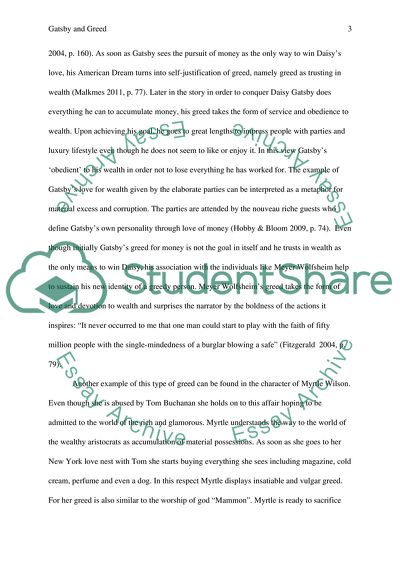Cite this document
(Greed in The Great Gatsby Literature review Example | Topics and Well Written Essays - 1250 words, n.d.)
Greed in The Great Gatsby Literature review Example | Topics and Well Written Essays - 1250 words. https://studentshare.org/sociology/1829231-the-great-gatsby-and-greed
Greed in The Great Gatsby Literature review Example | Topics and Well Written Essays - 1250 words. https://studentshare.org/sociology/1829231-the-great-gatsby-and-greed
(Greed in The Great Gatsby Literature Review Example | Topics and Well Written Essays - 1250 Words)
Greed in The Great Gatsby Literature Review Example | Topics and Well Written Essays - 1250 Words. https://studentshare.org/sociology/1829231-the-great-gatsby-and-greed.
Greed in The Great Gatsby Literature Review Example | Topics and Well Written Essays - 1250 Words. https://studentshare.org/sociology/1829231-the-great-gatsby-and-greed.
“Greed in The Great Gatsby Literature Review Example | Topics and Well Written Essays - 1250 Words”. https://studentshare.org/sociology/1829231-the-great-gatsby-and-greed.


